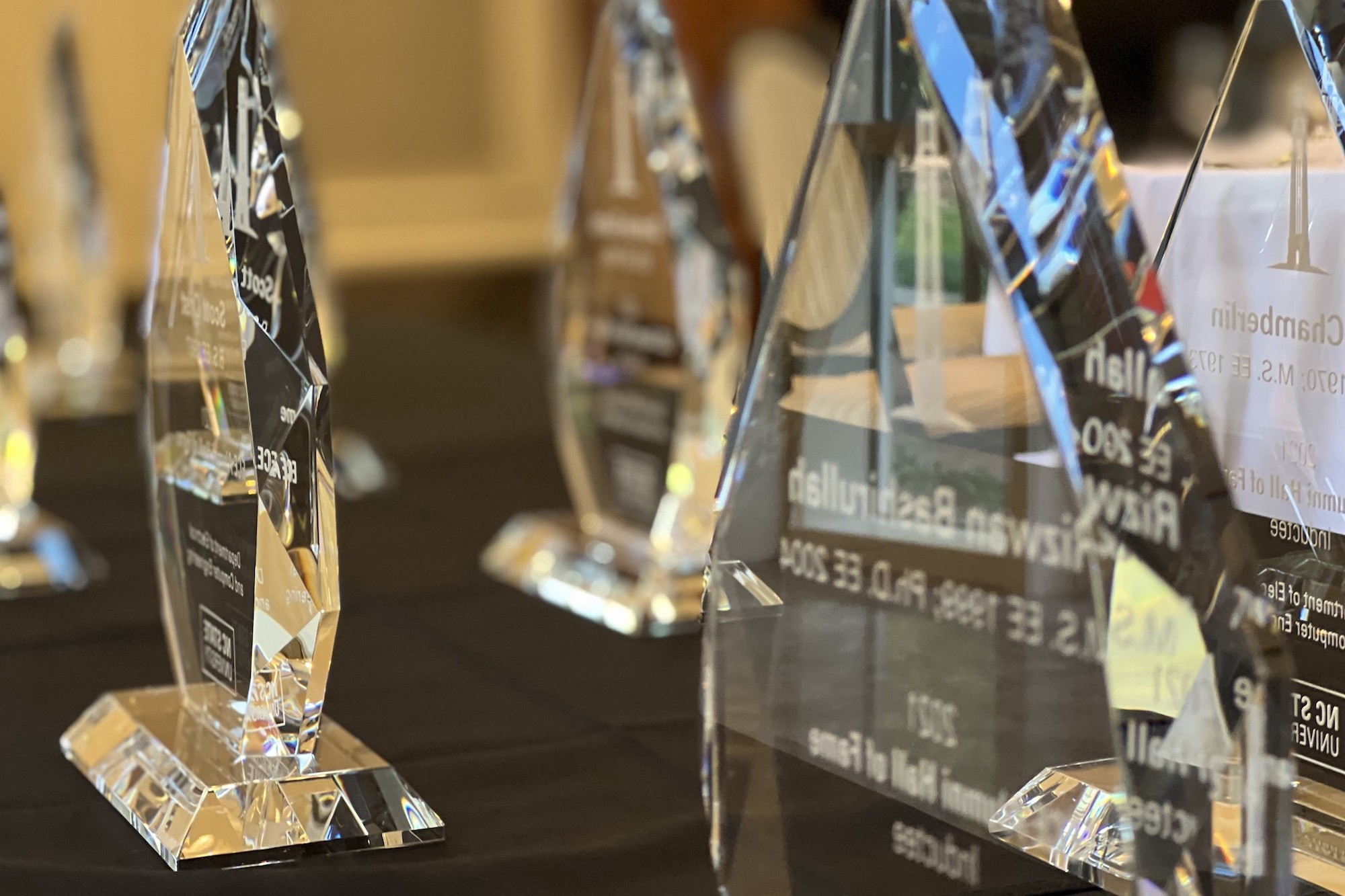
Welcoming 2021 Inductees to Alumni Hall of Fame
At an induction ceremony on October 22, 2021, 9 members of the sixth class of inductees were honored and joined the ranks of the 95 members of the ECE Alumni Hall of Fame, out of over 16,000 alumni.
October 22, 2021 ![]() Charles Hall
Charles Hall
The Department of Electrical and Computer Engineering at NC State University is proud to announce the 2021 inductees to the ECE Alumni Hall of Fame. The purpose of this extraordinary honor is to celebrate the accomplishments of our outstanding graduates who have used their education to excel in a profession, career, or service. Additionally, this recognition serves as an inspiration for current students.
At an induction ceremony on October 22, 2021, at the Dorothy and Roy Park Alumni Center on NC State’s Centennial Campus, 9 members of this sixth class of inductees were welcomed by members of the ECE Advisory Board and ushered into the ranks of the 95 members of the Alumni Hall of Fame, out of over 16,000 alumni.
This class of inductees included national business leaders, professors, and innovators from all walks of engineering life.
Our alumni are at the core of the Department, representing the agents and ambassadors that have made groundbreaking contributions in the study of electrical and computer engineering and beyond.
We offer a special thank you to the ECE Alumni Hall of Fame Committee. Their diligent efforts in the review and selection process are indeed appreciated. The Department is the fortunate recipient of their commitment to alumni engagement. Our sincerest gratitude is bestowed to the following members for their time, dedication and invaluable service: John Amein (B.S. EE ‘84), Clay Gloster (Ph.D. ’93), Eric Grant (B.S. EE ‘90), Spencer Johnson (B.S. EE ’09, MS EE ’11, Ph.D. EE ’14), Sonali Luniya (M.S. CPE ’03 and Ph.D. EE ’06), Steve Marbut (B.S. EE ’74), Jim O’Dell (B.S. EE ‘94), and Mary Whitton (M.S. CPE ’84).
To learn more about how you can nominate outstanding alumni for induction, please visit the Alumni Hall of Fame page. Nominations for next year’s induction will be accepted through July 15, 2022.
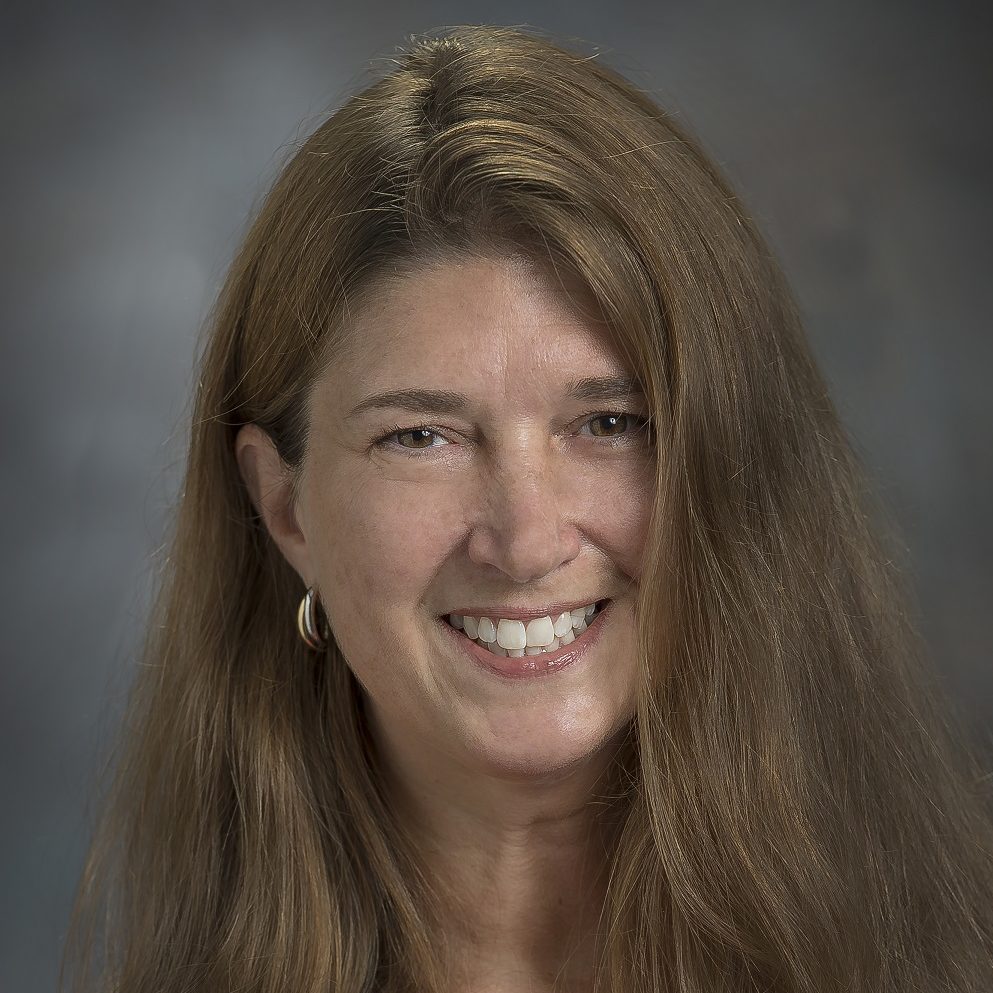
Danette Allen
Dr. Danette Allen is NASA's Senior Technologist (ST) for Intelligent Flight Systems and Deputy Lead of the Agency’s Systems Capability Leadership Team (SCLT) for Autonomous Systems (AS-SCLT). She created and led the Autonomy Incubator at NASA Langley Research Center (LaRC) and, following that, served as co-PI of the ATTRACTOR (Autonomy Teaming & TRAjectories for Complex Trusted Operational Reliability) project, focused on trust and trustworthiness of autonomous systems. Dr. Allen's career at NASA began with the Lidar In-Space Technology Experiment (LITE), the primary payload on STS-64. For LITE, she wrote real-time flight and ground software and uplinked commands to the Shuttle Discovery from the Payload Operations Control Center (POCC) at Johnson Space Center. Dr. Allen earned her B.S. degrees in Electrical Engineering and Computer Engineering from North Carolina State University, MBA from Manchester University (UK), M.E. in Computer Engineering from Old Dominion University, and M.S. and Ph.D. in Computer Science from UNC-Chapel Hill. She is the recipient of multiple NASA awards including the astronauts’ “Silver Snoopy” award for achievements related to human flight safety and mission success, the "Systems Engineering Excellence Award" medal, and the “Outstanding Leadership” medal. Dr. Allen is an AIAA Associate Fellow and a member of the AIAA Intelligent Systems and the Human Machine Teaming Technical Committees.
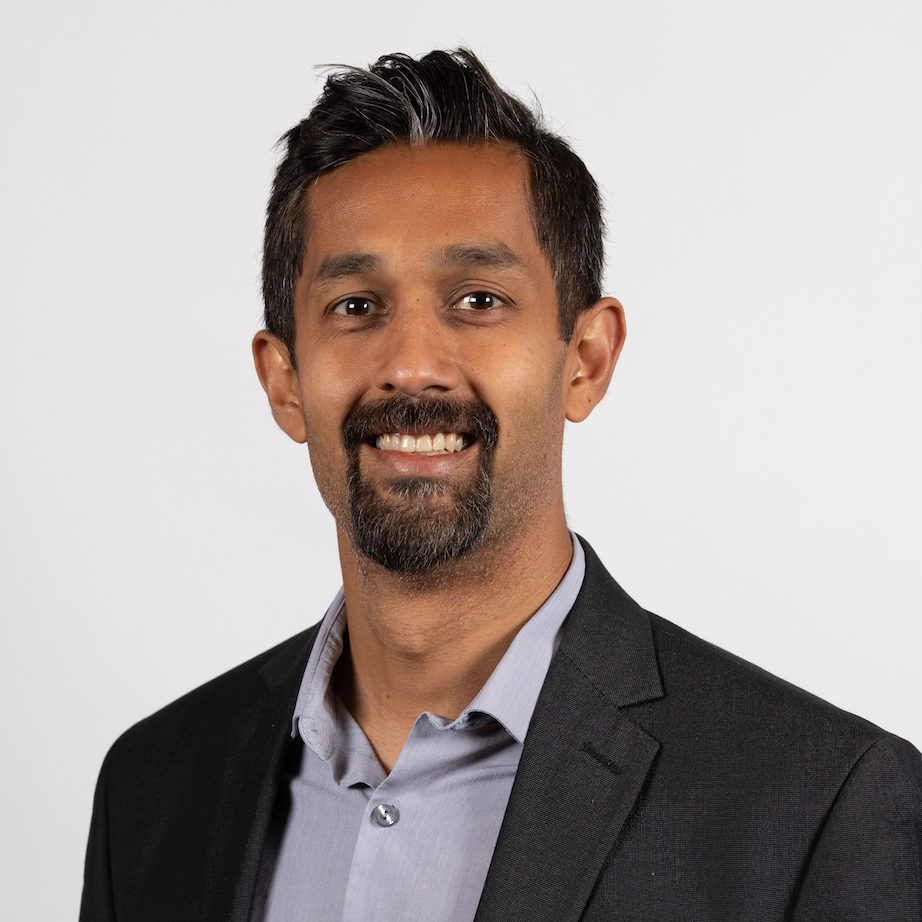
Rizwan Bashirullah
Rizwan received his Master’s and Ph.D. degrees in Electrical and Computer Engineering from North Carolina State University. After graduating in 2004 he joined the Department of Electrical and Computer Engineering at the University of Florida where he held a tenured Associate Professorship. As a faculty he led a research group developing low power mixed-signal integrated circuits for brain-computer interfaces, neural prosthesis, and wireless biomedical microsystems. During his tenure he also worked in various roles including Research Scientist at Nvidia Research, as a Visiting Professor at KU Leuven and IMEC, Belgium, and as Chief Science Officer in a biomedical start-up, now eTectRX, where he developed in-vivo signaling technologies for medication compliance monitoring.
In 2016 Rizwan joined Galvani Bioelectronics, a joint venture between two global healthcare companies, GlaxoSmithKline (GSK) and Verily Life Sciences (formerly Google Life Sciences), a subsidiary of Alphabet Inc. At Galvani Bioelectronics Rizwan led a R&D portfolio to develop technologies for precision neuromodulation to treat chronic diseases by partnering with Verily Life Sciences, academic institutions worldwide, early-stage startups and national and global funding agencies. Since 2018 he has been Product Development Director of Neuromodulation Devices developing Galvani’s first-generation FDA-approved precision neuromodulation system for first-in-human clinical trials.
Surround yourself with the best people, put yourself out there, work hard, be kind, enjoy the process.

Hal Chamberlin
Howard (Hal) Chamberlin received a BS degree in Electrical Engineering in 1970 and a Master of Science degree in Communication Theory and Computer Science in 1973. His 1973 Master's Thesis, "Design and Simulation of a Digital Sound Synthesizer", significantly predated key literature and patents in the field.
Following graduation he was co-founder of Raleigh-based Technology Unlimited in 1971 and later Micro Technology Unlimited in 1981 where he designed one of the very first full-page display text editors and a highly regarded laboratory
microcomputer respectively.
In 1976, Hal wrote "A Fourier Series Waveform Generator" published in The Journal of the Audio Engineering Society. In 1980, he wrote "Musical
Applications of Microprocessors" published by Hayden Books followed by an 850
page expanded edition in 1985. This book has always been an oft-cited reference work and it was still getting 5 star reviews on Amazon in 2019.
In 1986 Hal joined Kurzweil Music Systems in Boston as a hardware and software systems engineer working with Robert Moog where he designed many Kurzweil products over a 30-year period. These included the MidiBoard keyboard, K150 Fourier Synthesizer, K2000 sampling synthesizer, and ExpressionMate sound modulation controller. Following the company’s purchase by Young Chang Piano, he spent several years in South Korea and later China coordinating design and manufacturing and attained the title "Director of Engineering" shortly after returning to Boston.
While working, Hal received 4 patents in the electronics field. He retired from full-time employment in 2016 but still does contract technology development and product design.
Despite an active work life, Hal has pursued his parallel love of Nature via long-distance, self-contained bicycling. From 1996 he has ridden
coast-to-coast and border-to-border 7 times with a Key West to Maine journey scheduled next Spring.
He now lives on 15 acres in a mountainous area of far West Texas and dabbles in wind and solar power technology.
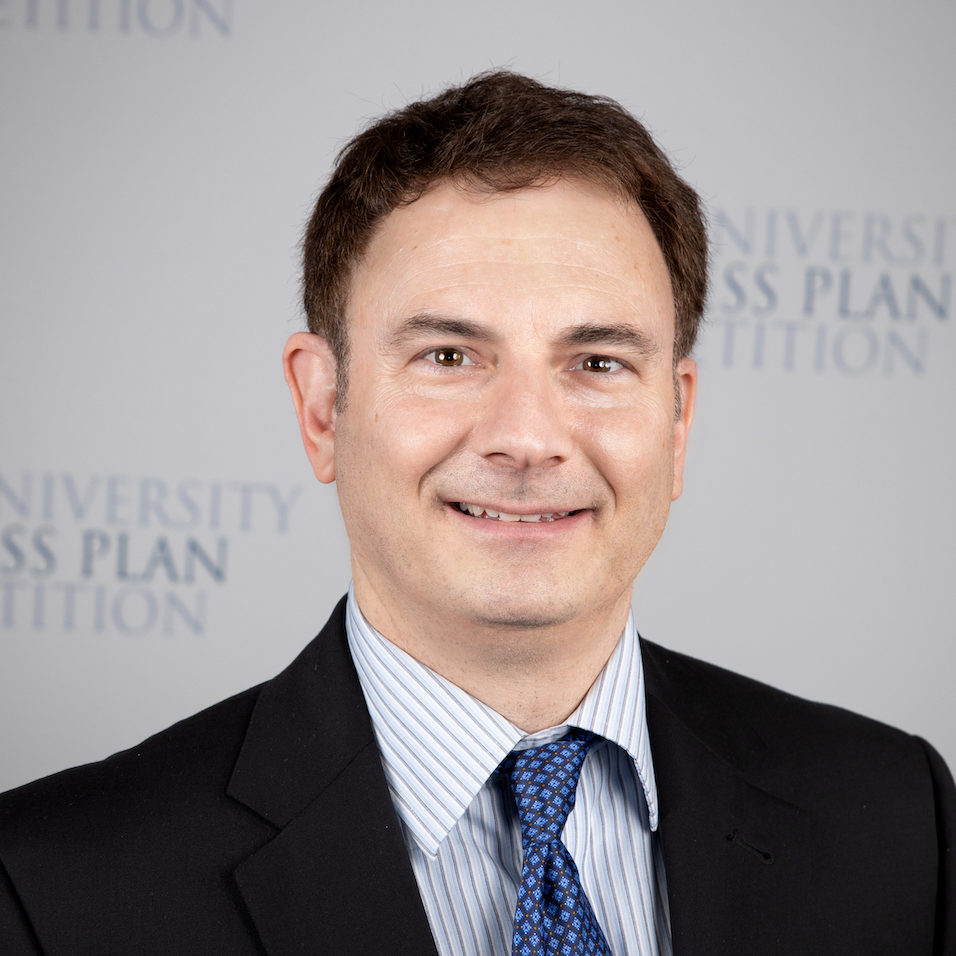
Scott Crist
Scott Crist is managing partner for Texas Ventures as well as CEO of Osperity, the leader in AI-driven computer vision for certain industrial sectors. He has an extensive background as an entrepreneur and venture capitalist, and was the former CEO of Infrastructure Networks and founder/ CEO of Telscape International (NASDAQ), a telecommunications company focused on certain emerging markets around the world.
Prior to that, he served as President and CEO for Matrix Telecom, which Inc. Magazine previously ranked 7th on its list of the 500 fastest growing private companies in the US. In addition, Scott worked for Trammell Crow Group, IBM and Booz-Allen Hamilton, earlier in his career.
He has an MBA from the Kellogg School at Northwestern University and a Bachelor of Science in Electrical and Computer Engineering from NC State. He is also an Entrepreneur of the Year recipient from NASDAQ/ Ernst & Young. In addition, Scott is chairman of the VA-Gov Housing fund, the nation’s largest lender for the Veteran Administration’s Homeless Shelter Program.
He has an MBA from the Kellogg School at Northwestern University and a Bachelor of Science in Electrical and Computer Engineering from NC State. He is also an Entrepreneur of the Year recipient from NASDAQ/ Ernst & Young. In addition, Scott is chairman of the VA-Gov Housing fund, the nation’s largest lender for the Veteran Administration’s Homeless Shelter Program.

Donnie Goins
Donnie L. Goins is a successful local RTP NC entrepreneur who founded and led successful high-tech startup companies and non-tech companies in the retail and home building markets. He has skills in building organizations and companies from idea concept to being profitable. He has experience in software, hardware, and management with world-class research and development corporations that include leading multi-international development teams in the areas of communications, software development, wireless and wireline technologies, and project and process management.
Early in his career he held Senior Leadership positions at Nortel/BNR, Allen Telecom and Fujitsu before moving into an entrepreneurial career path. He joined the local RTP startup Tavve Software Company in 2001 and became President in 2005 leading it for the next 7 years. He then successfully lead Software Development Europe to an exit in the spring of 2021.
In addition to earning his BS EE from NC State College of Engineering in 1985, he received his MBA from Duke University in 1994.
Goins resides in NC with his wife Lorie and his daughter Kayleigh. He continues to consult and advise local technology companies. He serves on the NC State Entrepreneurship Advisory Board and was a past member of the NC State Engineering Foundation Board. He enjoys running, cycling, golf and hiking.
Obtaining an Engineering Degree gave me the confidence to achieve my dreams. If you can succeed in challenges of obtaining an Engineering degree you can accomplish anything you desire as long as you stay focused and flexible. Use every opportunity to network with others. Meeting one person at the right time can change the trajectory of your life.
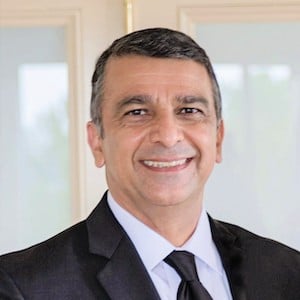
Ali Khatibzadeh
Dr. Ali Khatibzadeh is the Founder and CEO of LUMEOVA. He is a proud graduate of NC State University with B.S. in EE and Physics in 1982, M.S. EE in 1984 and Ph.D. EE in 1987.
During his career, he has held several R&D and business executive positions all focused on the development and commercialization of wireless products and technologies. Following graduation from NC State University, he joined Texas Instruments where he led the development of radio frequency (RF) technologies and integrated circuits for digital cellular market. In 1998, he joined Ericsson’s US division as Director of Technology in RTP. He and his team developed chipset and antenna solutions for Ericsson’s mobile phones. In 2000, he moved to ANADIGICS as Vice President & General Manager of Wireless Unit delivering RF integrated modules to global smart phone manufacturers. In 2010, he joined TranSwitch Corporation as President & CEO and led the company in the delivery of network processors to Telecom OEMs. Following his passion to break wireless communication barriers, he founded LUMEOVA in 2014 on the Centennial Campus of NC State University. LUMEOVA is developing an exciting, ultra-fast, wireless connectivity solution for consumer electronics and telecommunication markets. Ali married his love, Laura, while they were both students at NC State and they are especially proud of their three wonderful daughters, Sarah, Natalie and Julia.
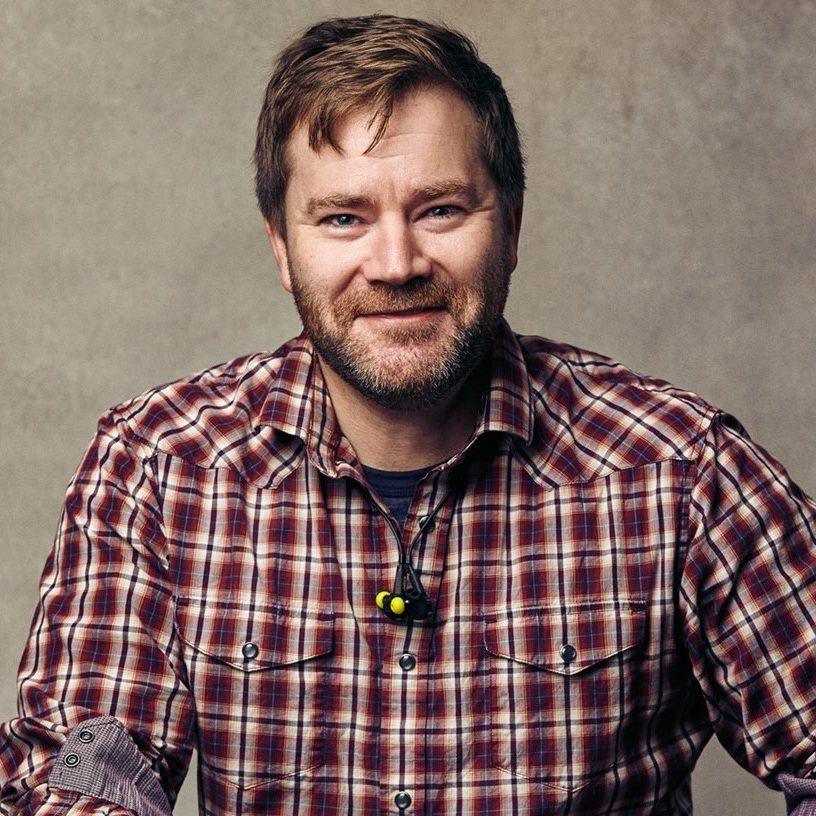
Steven LeBoeuf
Inventor of more than 100 granted patents in the field of wearable biomedical sensing, Dr. Steven LeBoeuf is one of the foundational innovators in wearable PPG sensors that are now embedded in millions of wearables on the market today.
Before founding Valencell in 2006, Dr. LeBoeuf pioneered innovations in solid state materials, multiwavelength optoelectronic devices, high-power electronics, nanostructured materials and devices, and biochemical sensor systems while serving as a Senior Scientist and Biosensor Project Lead for General Electric. LeBoeuf has developed dozens of strategic partnerships with industry leading consumer technology brands, medical professionals, research institutions, medical device manufacturers, health and fitness companies, and start-ups. One of the most broadly quoted scientists and entrepreneurs in the field of wearable PPG sensing, LeBoeuf has served as a speaker in 50+ events around the world and is routinely interviewed by journalists, industry analysts, venture capitalists, and academic researchers.
As a founding pioneer in modern wearables, LeBoeuf has managed Valencell’s foundational patent portfolio, which has been licensed to dozens of companies around the world and implemented in 40+ wearable devices, ranging from earbuds, hearing aids, wristbands, legbands, smartwatches, virtual reality systems, headbands and more.
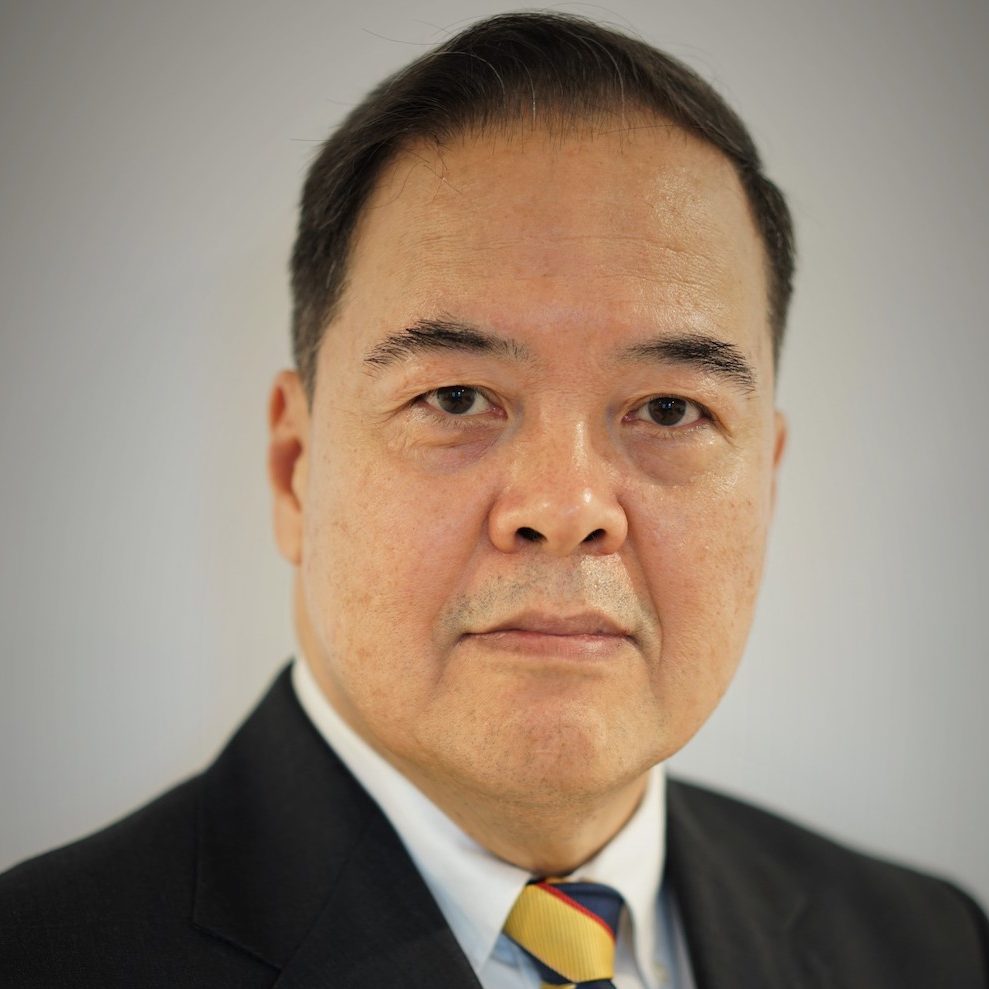
Kai-Kuang Ma
Kai-Kuang Ma received his Ph.D. degree in Electrical and Computer Engineering from North Carolina State University in 1992. He studied under Prof. Sarah A. Rajala. He is a Professor at the School of Electrical and Electronic Engineering, Nanyang Technological University, Singapore. Dr. Ma’s research interests are in digital signal processing, digital image/video processing, and machine learning. He has published extensively in top-tier international journals and conference proceedings. His fast motion estimation technology has been adopted by the MPEG-4 international video coding in 2000.
Professor Ma is a Fellow of Singapore Academy of Engineering, an IEEE Life Fellow, and an IEEE Distinguished Lecturer (Circuits and Systems Society). During the period of 1997-2001, he was serving as the Singapore MPEG Chairman and the Head of Delegation. He has served as Associate Editor and Senior Area Editor in multiple IEEE journals (such as IEEE Trans. on Image Processing, IEEE Trans. on Multimedia, Signal Processing Letters, IEEE Trans. on Communications) and as General Chair (such as VCIP-2013) or Technical Program Chair in flagship conferences (such as ICIP-2004 and ICASSP-2022).

David Whitley
David Whitley currently serves as the Chief Technology Officer at Bullhorn Inc., the global leader in software for the staffing and recruiting industry. Previously, he was the Managing Director of DHW Ventures LLC, an executive management consulting company specializing in advisory services to software companies. He has advised early stage, venture-backed and private equity owned software companies, having spent many years as Head of Software Engineering in multiple private equity owned portfolio companies. He was also most recently the SVP of Product Development for Applied Systems, Inc., the leading global provider of cloud-based insurance software, which achieved significant global growth, leading the digital transformation of the insurance industry.
Prior to Applied Systems, he was responsible for global product development activities for the Security, Government, and Infrastructure division at Intergraph Corp., providing mission-critical software for several industries including public safety, defense, intelligence, utilities, transportation, and communications.
David has served as the Chair of the NC State Engineering Foundation Board Development Committee, and as Vice Chair of the Strategic Planning Committee for the NC State Engineering Foundation Board. David has also served on the Strategic Advisory Board for the Department of Computer Science at NC State, and is an active member of the Wolfpack Investor Network, where he enjoys helping young companies achieve their growth goals, and values the ability to network with other Wolfpack entrepreneurs and investors seeking to strengthen the Wolfpack business community.
David and his wife, Karen, endowed the David & Karen Whitley Engineering Scholarship for electrical engineering or computer science students, to assist students with financial hardship having lost his father due to a heart attack his junior year of college at NC State. Additionally, the Whitley’s have contributed to the Fitts-Woolard Hall capital campaign by naming a study lounge in the new building. David graduated with honors from North Carolina State University in 1992 with a Bachelor of Science degree in electrical engineering and is a North Carolina native.
